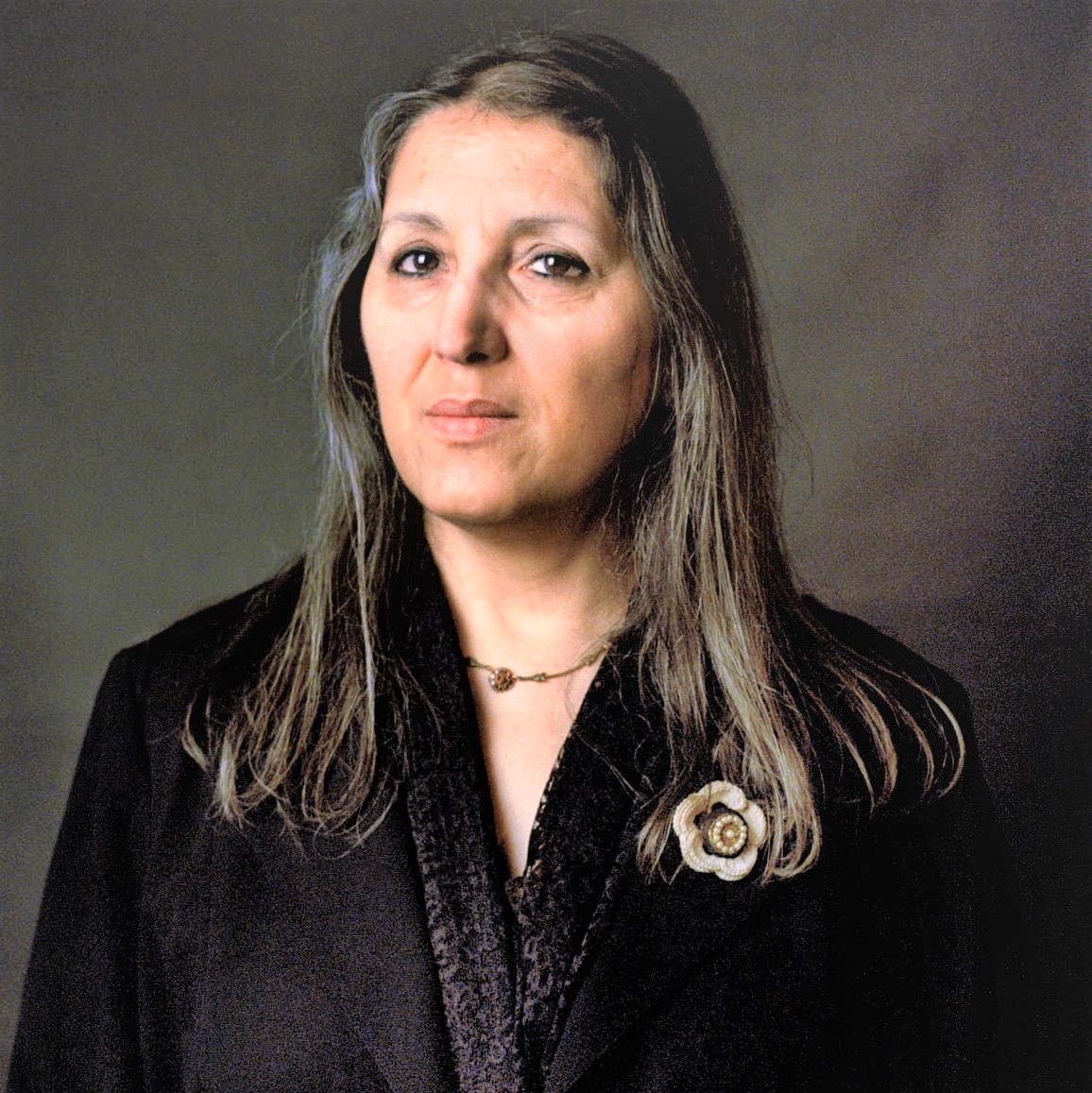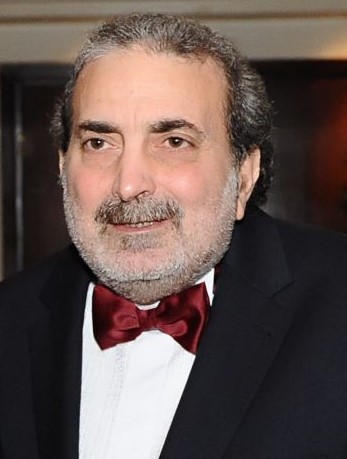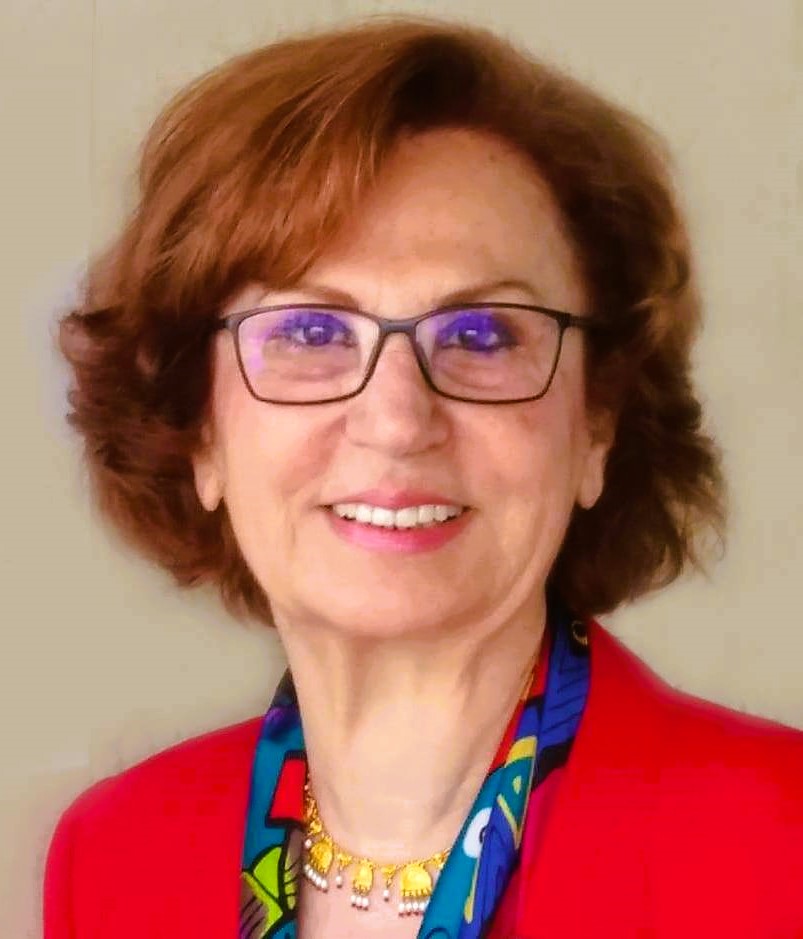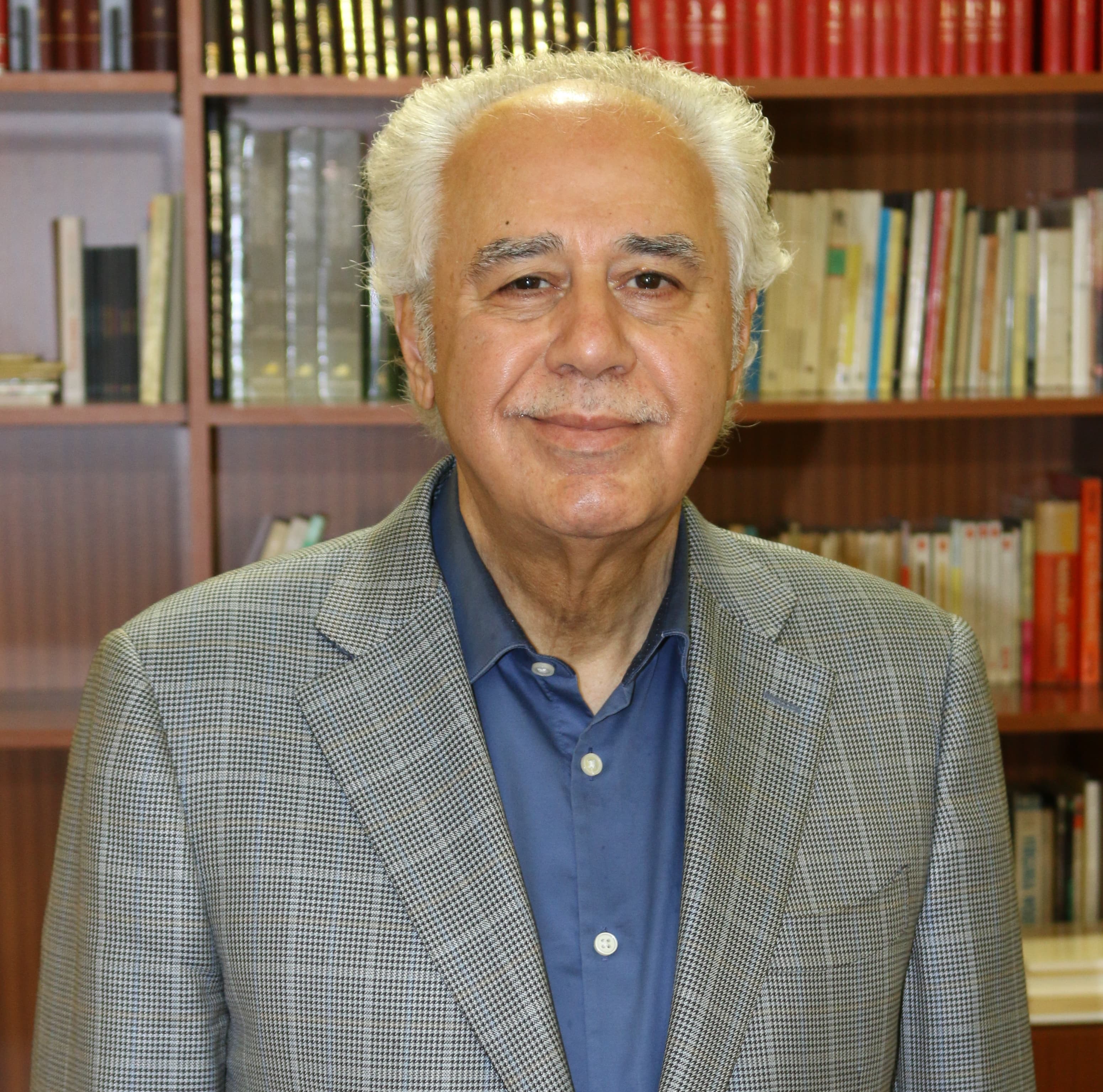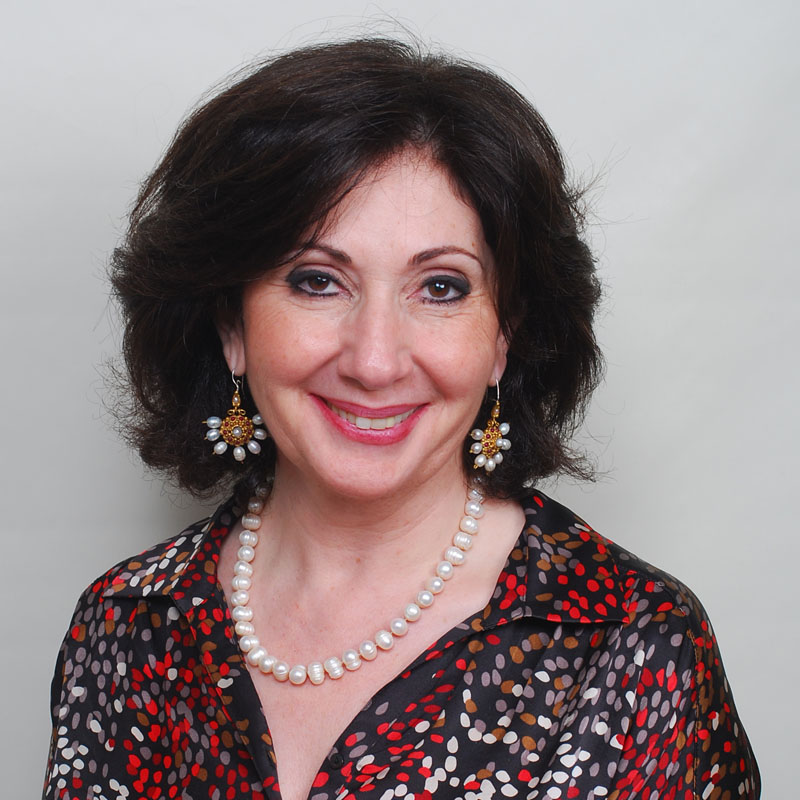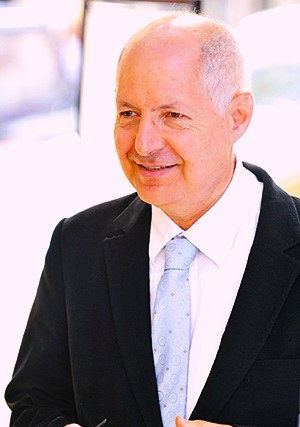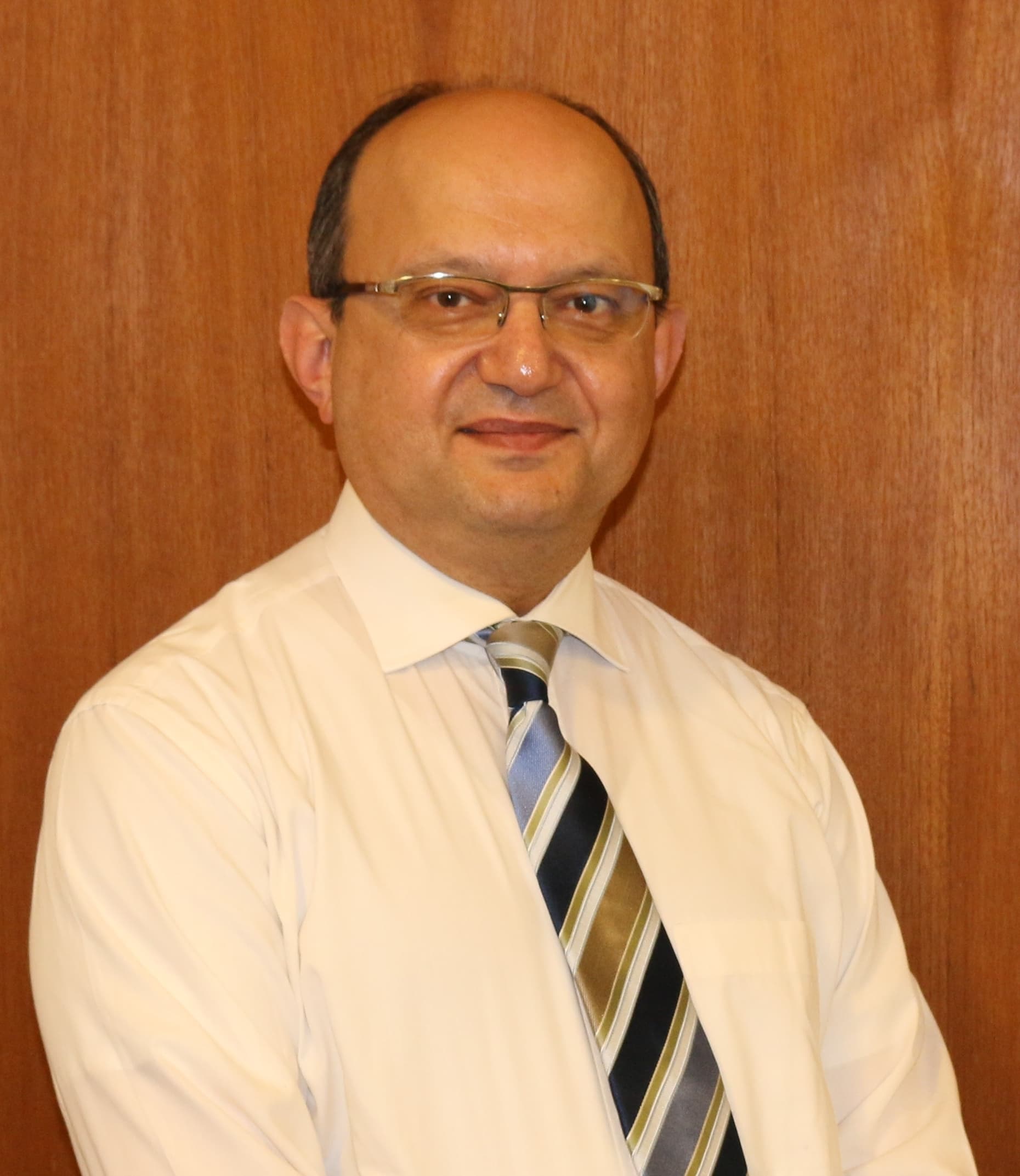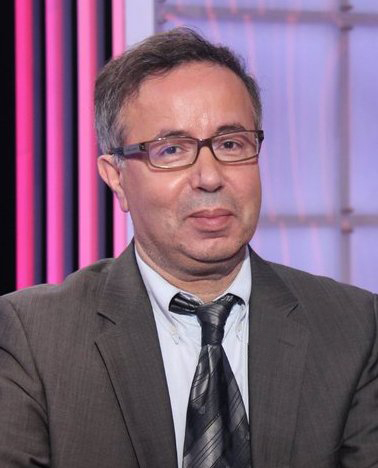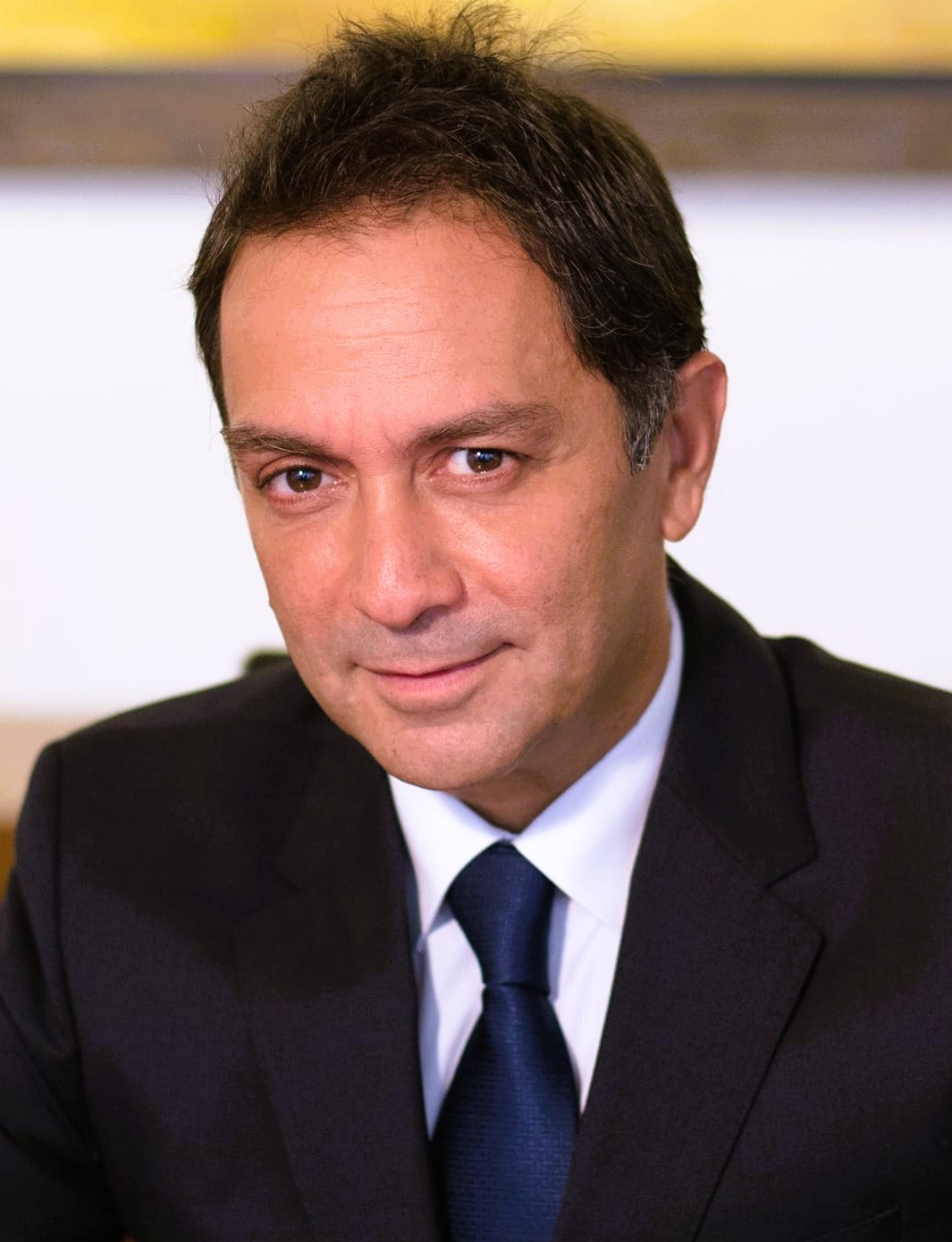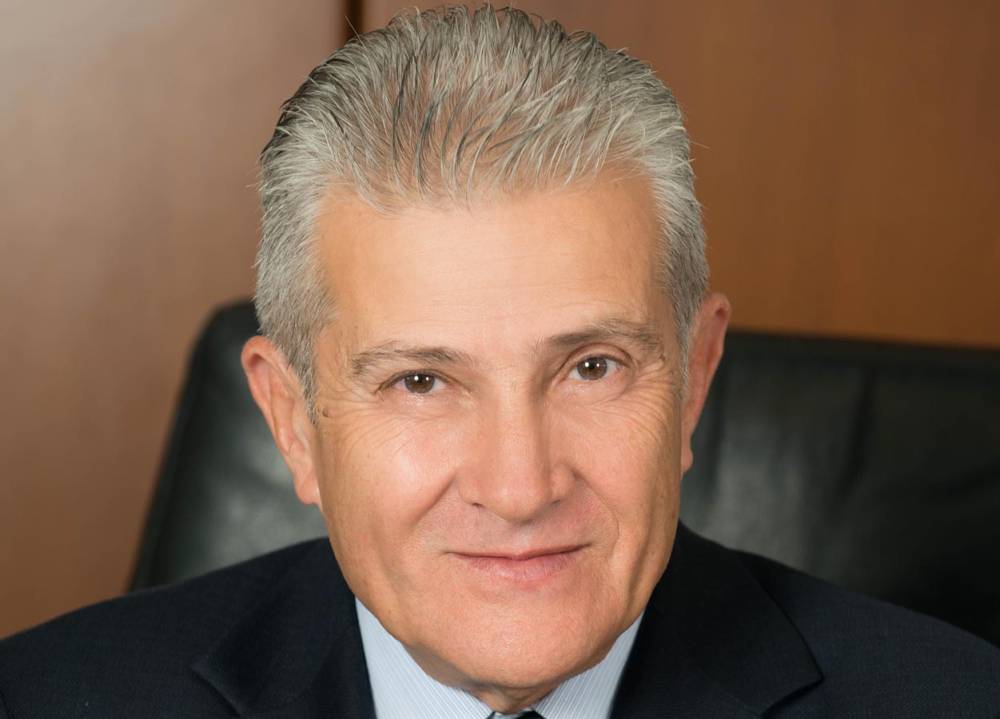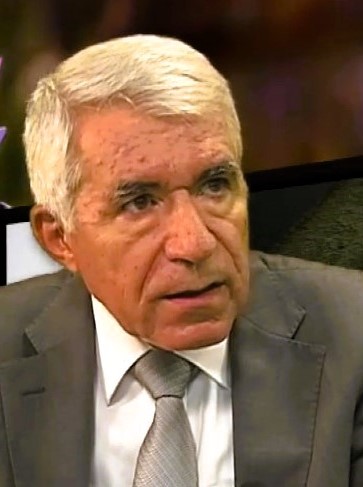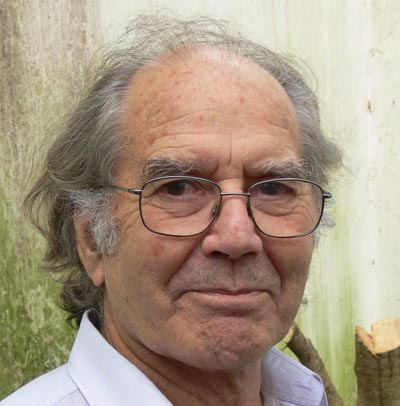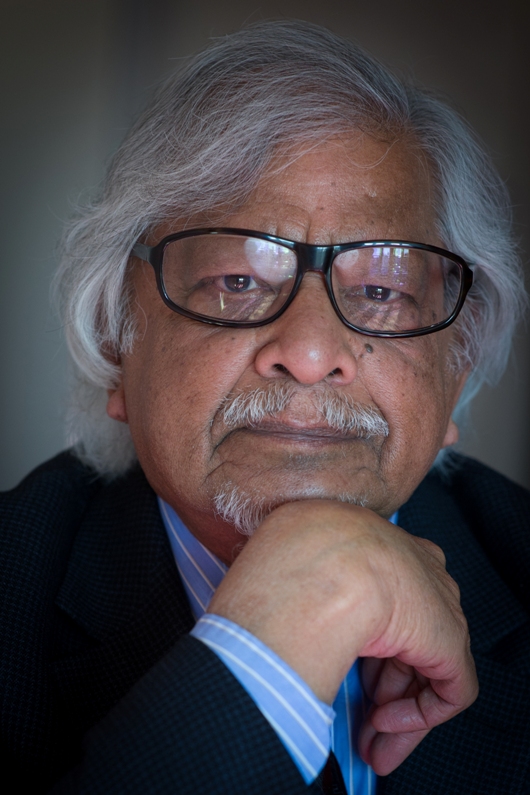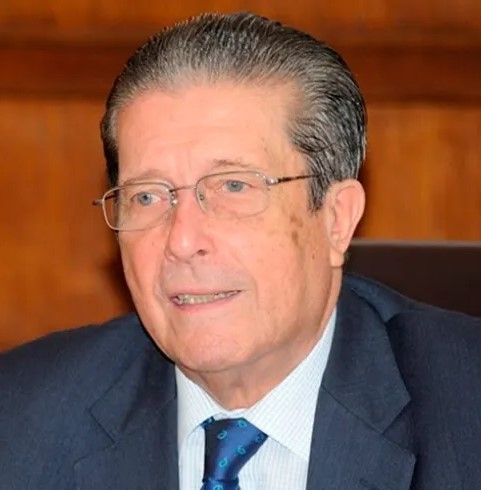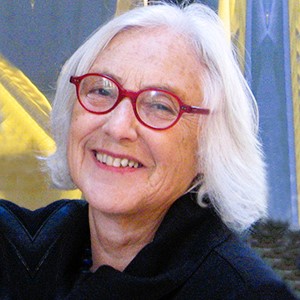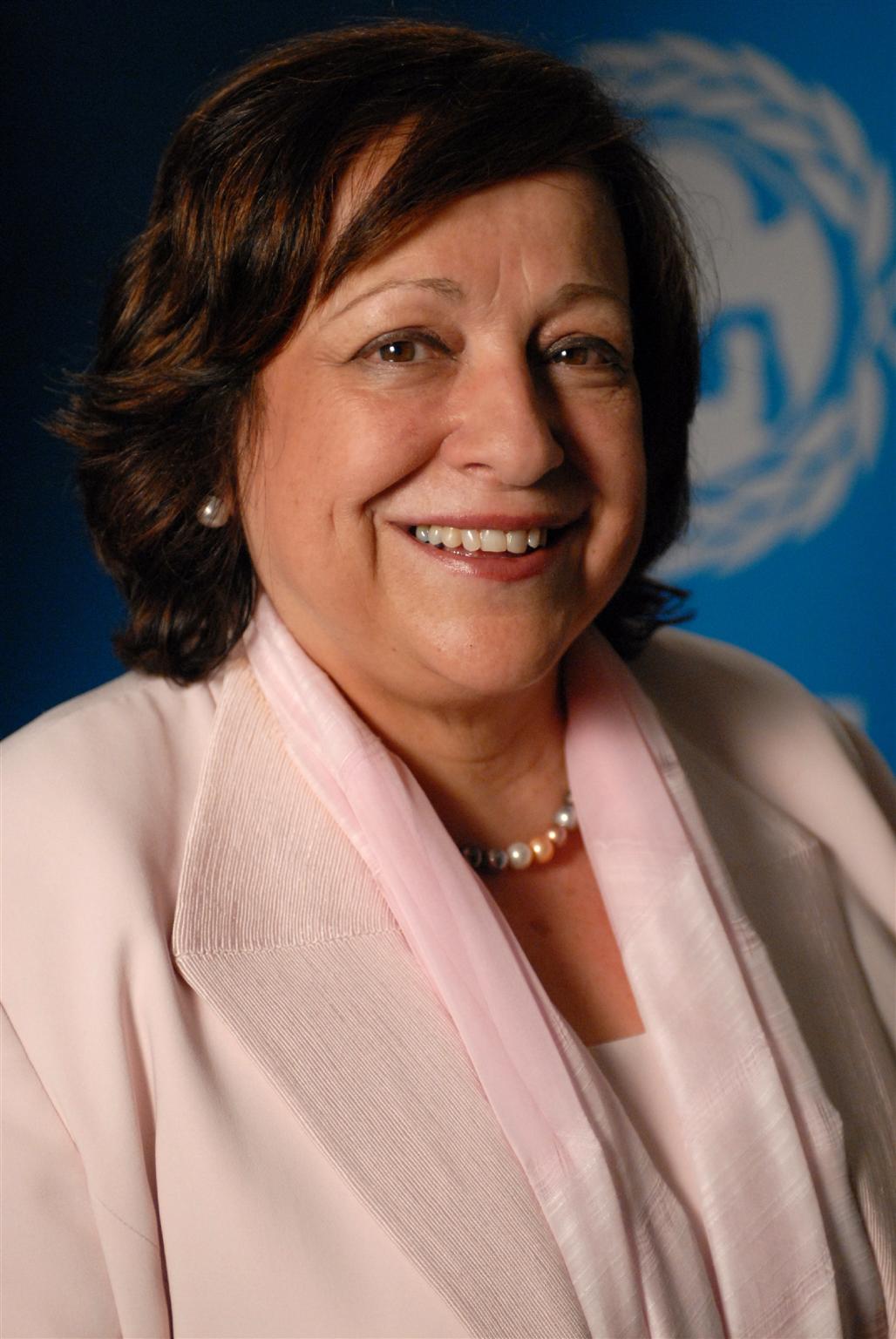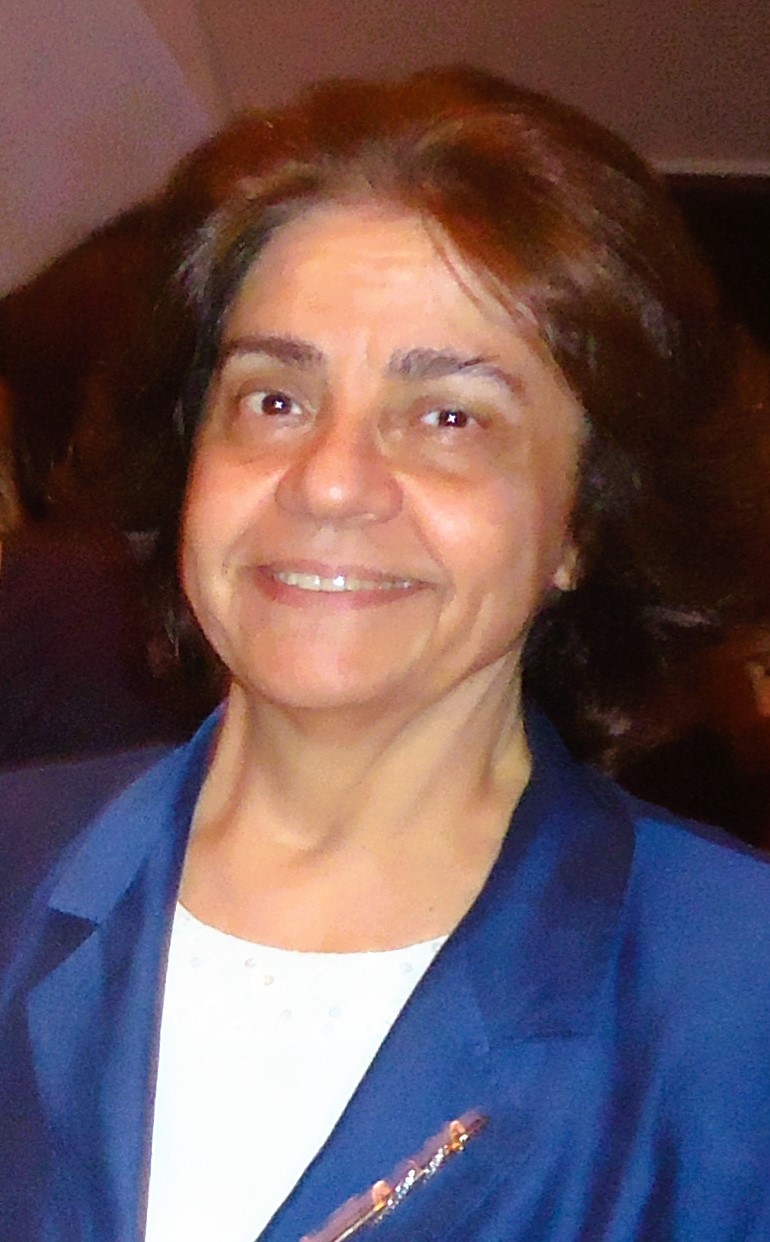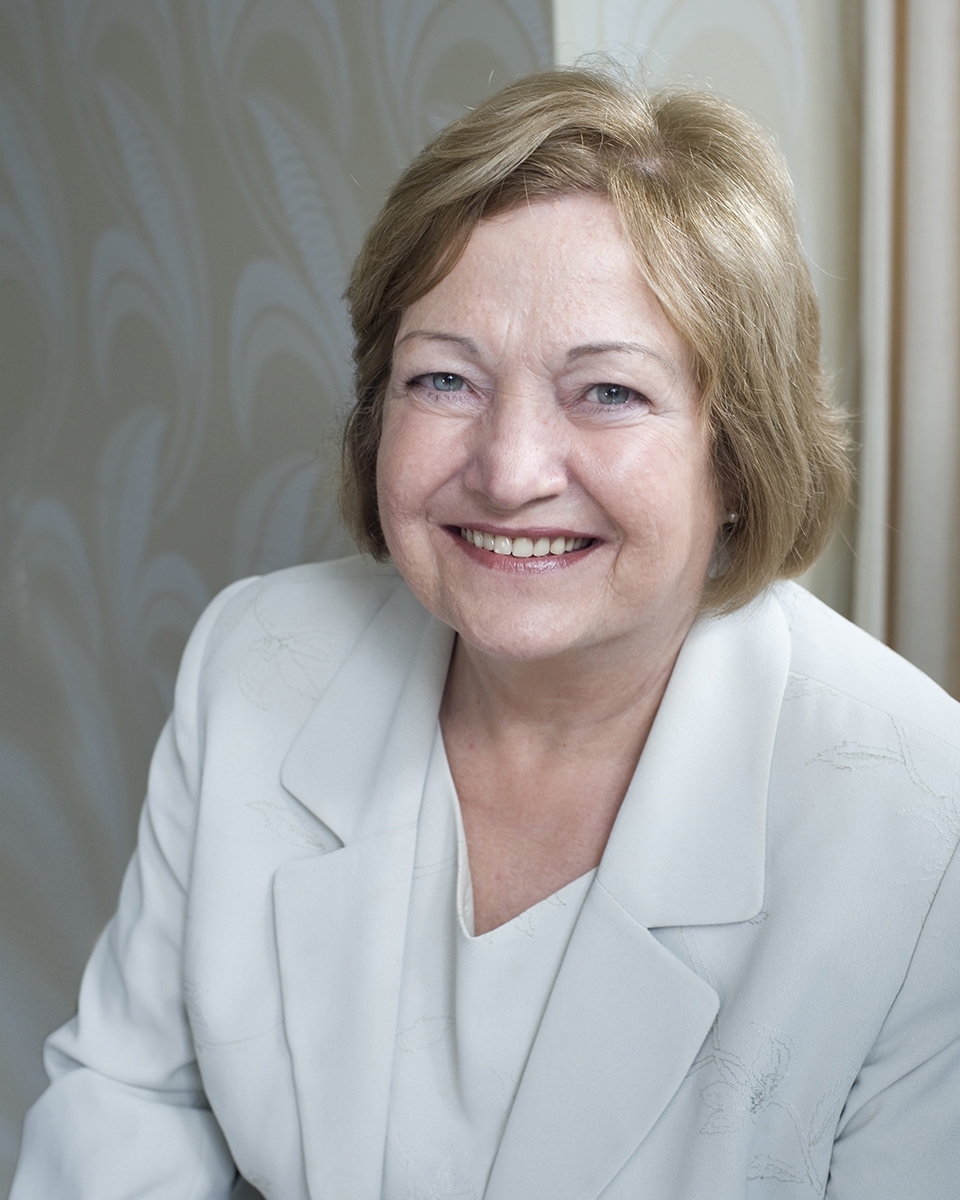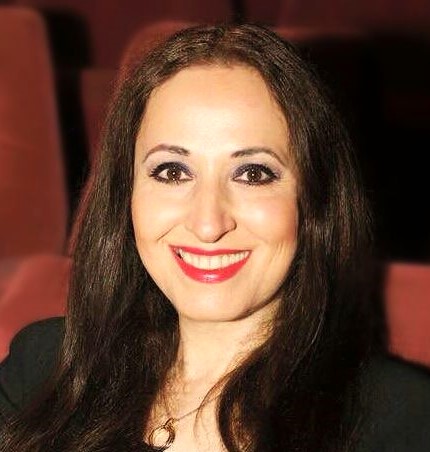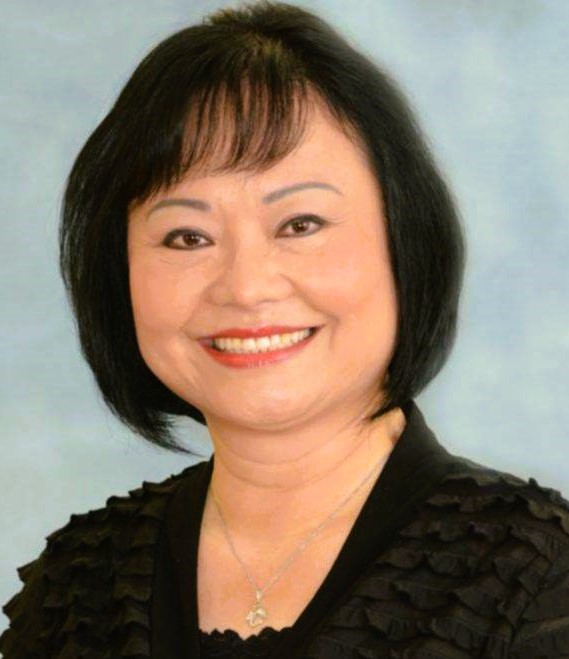The culture of non-violence might
finally penetrate the thick cover of dark clouds
besieging us in a prison of anxiety, violence and absurdity,
in order to restore communication
with a sun
that does not despair of calling us every single morning…
Walid Slaybi
Founder of AUNOHR
An opening word he dedicated to the University in 2009
Overview
AUNOHR (Academic University College for Non-Violence and Human Rights) was founded as an independent, private, non-profit higher education institution for Lebanon and the Arab world under the Lebanese law for higher education (Ministerial Decree no /487/ date 04.09.2014) and received a ministerial license to proceed for academic activities No. 714 / M / 2015 dated 18.08.2015.
- The legacy of AUNOHR is based on thirty years (by the year of its foundation) of pioneering experience of its founders, Walid Slaybi and Ogarit Younan, and is considered as a first-of-its-kind in Lebanon, the region and in the world.
- AUNOHR is not just another new university; it is an original higher education institution whose existence has become a pressing need in every society.
- Many international, Arab and local figures have joined the AUNOHR’s Board and Councils, including Nobel Peace laureates, non-violent pioneers, academicians, and economists, as well as human rights and cultural personalities who are committed to the nonsectarian and nonviolent civil alternatives
- AUNOHR faculty members are professors, lecturers and experts from Lebanon and around the world, including intellectuals and designers of globally innovative courses in more than one field.
- Being a new approach in higher education, comprehensive university education model at the Master level was implemented (2009-2011). Evaluating this first experience, everybody declared that it was “A dream come true”.
- AUNOHR currently grants two kinds of degrees: Masters and University Diploma, and is soon planning to offer a Bachelor degree and PhD. The university opted to start with postgraduate studies to target, first high potential candidates in order to publicize the impact of this kind of university education and in turn expose the new generation to its scientific and professional benefits.
More than half of AUNOHR curricula have been newly introduced, and include nine specializations in the Master and Diploma levels.
- AUNOHR students are from Lebanon and the Arab countries.
- In its educational philosophy, AUNOHR relies on an unconventional pattern of university education which is a life in itself. In recorded testimonials about AUNOHR as seen by its students, a common conclusion is shared: “It’s a turning point; AUNOHR has changed my life…”
- In addition to academic specialization, AUNOHR also encompasses a specialized Center for Training and continuing education that provides, along with local and international experts, academic training for civil society, decision makers and community influencers.
- Professionally, AUNOHR is pleased to introduce programs of high professional efficacy in various academic and professional fields, as well as to provide the business world, and societal change with the desired scientific professionalism through modern and professional skills and roles.
As one of the first supporters who perceived AUNOHR as an unprecedented vision in the actual existence of our region stated, “It’s I who thank you…”


